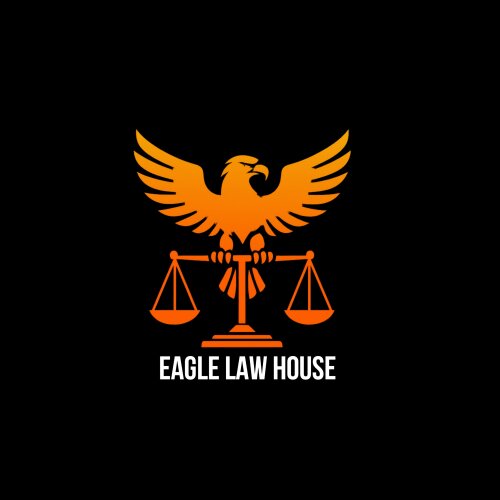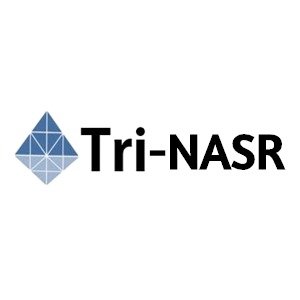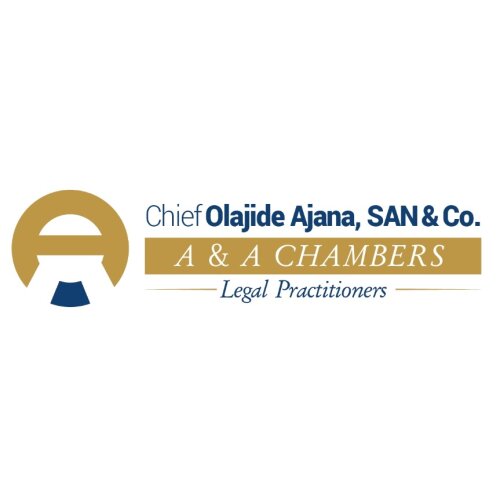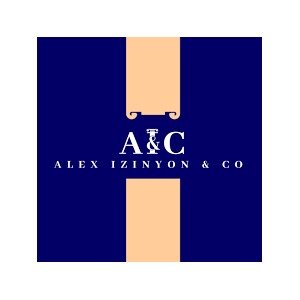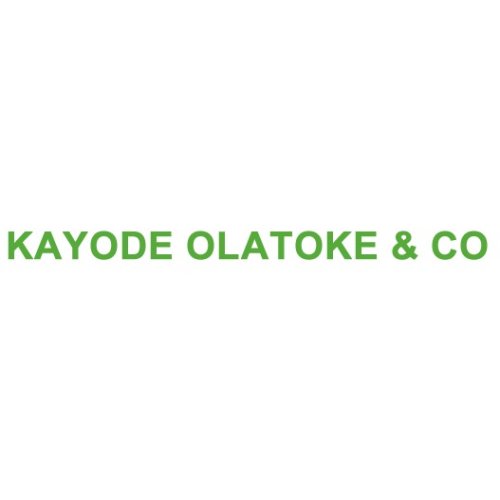Best Mortgage Lawyers in Abuja
Share your needs with us, get contacted by law firms.
Free. Takes 2 min.
Free Guide to Hiring a Real Estate Lawyer
List of the best lawyers in Abuja, Nigeria
About Mortgage Law in Abuja, Nigeria
Mortgage law in Abuja, Nigeria governs the legal framework surrounding property financing and ownership. A mortgage refers to a loan provided by a financial institution, known as a mortgage lender, to help individuals or companies purchase real estate. In Abuja, Nigeria, mortgage laws dictate the rights and responsibilities of both borrowers and lenders in these transactions.
Why You May Need a Lawyer
Seeking legal advice from a mortgage lawyer in Abuja, Nigeria may be necessary in various situations:
- If you are entering into a mortgage agreement and want to ensure all the terms and conditions are fair and favorable.
- If you are facing difficulty in making mortgage payments and need assistance in negotiating with the lender or exploring other options.
- If you believe your mortgage lender has acted unfairly or violated any legal obligations.
- If you are planning to engage in a mortgage foreclosure process, whether as a borrower or a lender.
Local Laws Overview
The following are key aspects of local laws relevant to mortgage in Abuja, Nigeria:
- Registration: All mortgages must be registered with the Federal Mortgage Bank of Nigeria (FMBN) within 90 days of creation to ensure validity and protection.
- Interest Rates: The Central Bank of Nigeria sets a maximum interest rate that lenders can charge on mortgage loans.
- Foreclosure Process: If a borrower defaults on mortgage payments, the lender must follow the legal foreclosure process, which involves court proceedings and strict adherence to the law.
- Consumer Protection: Abuja has consumer protection laws in place to safeguard borrowers from unfair practices and ensure transparency in mortgage transactions.
Frequently Asked Questions
1. Can I get a mortgage loan in Abuja, Nigeria as a non-Nigerian citizen?
Yes, non-Nigerian citizens are eligible to obtain mortgage loans in Abuja, Nigeria, as long as they meet the lending institution's requirements.
2. What are the common mortgage terms in Abuja, Nigeria?
The typical mortgage terms in Abuja, Nigeria include loan tenure of up to 15 to 20 years and down payment requirements ranging from 20% to 30% of the property's value.
3. What happens if I default on my mortgage payments?
If you default on mortgage payments, the lender can initiate foreclosure proceedings, which might result in the sale of your property to recover the outstanding debt.
4. Can I transfer my mortgage to another property?
Subject to the lender's terms and conditions, it is possible to transfer your existing mortgage to another property in Abuja, Nigeria. However, this process typically involves refinancing and approval from the lender.
5. What are the costs associated with obtaining a mortgage in Abuja, Nigeria?
When obtaining a mortgage in Abuja, Nigeria, you should consider costs such as appraisal fees, legal fees, insurance fees, and stamp duty.
Additional Resources
For further information and assistance regarding mortgage law in Abuja, Nigeria, consider contacting these resources:
- Federal Mortgage Bank of Nigeria (FMBN): www.fmbn.gov.ng
- Abuja Mortgage Lawyers Association: www.abujamla.org
Next Steps
If you require legal assistance in matters related to mortgage in Abuja, Nigeria, it is advisable to consult a reputable mortgage lawyer. They can provide personalized advice and guide you through the legal processes involved in mortgage transactions.
Lawzana helps you find the best lawyers and law firms in Abuja through a curated and pre-screened list of qualified legal professionals. Our platform offers rankings and detailed profiles of attorneys and law firms, allowing you to compare based on practice areas, including Mortgage, experience, and client feedback.
Each profile includes a description of the firm's areas of practice, client reviews, team members and partners, year of establishment, spoken languages, office locations, contact information, social media presence, and any published articles or resources. Most firms on our platform speak English and are experienced in both local and international legal matters.
Get a quote from top-rated law firms in Abuja, Nigeria — quickly, securely, and without unnecessary hassle.
Disclaimer:
The information provided on this page is for general informational purposes only and does not constitute legal advice. While we strive to ensure the accuracy and relevance of the content, legal information may change over time, and interpretations of the law can vary. You should always consult with a qualified legal professional for advice specific to your situation.
We disclaim all liability for actions taken or not taken based on the content of this page. If you believe any information is incorrect or outdated, please contact us, and we will review and update it where appropriate.




